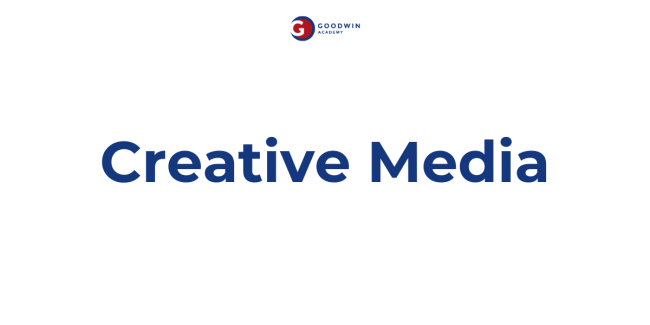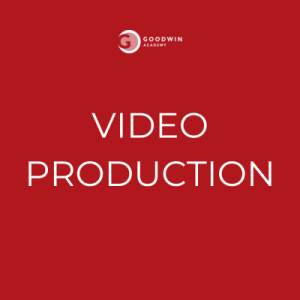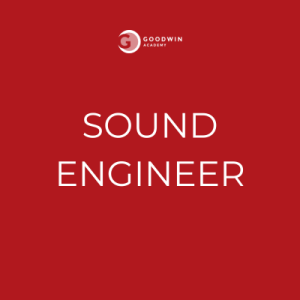KS4, Year 10 & 11 Creative Media
To support all learners, including SEND, access content we focus on high quality teaching, alongside the use of a wide range of supportive resources including structured pre teaching, support decoding exam questions and modelling answers. We use exemplar material to help support students with their coursework and exam answers. We use retrieval questioning, to build student confidence and develop memory techniques to allow students to recall and understand the key exam content. Where exam arrangements are required in the form of readers, scribes and word processing, we work closely with relevant departments to ensure this provision is provided. Assignments may also be adapted giving extra instructions within BTEC regulations, or breaking down tasks which can then be delivered in smaller ‘chunks’.
At Key Stage 4, our students follow the Pearson Tech Award in Creative Media Production Level 1/Level 2.
| Component number | Component title | GLH | Level | How assessed |
|---|
| 1 | Exploring media products | 36 | 1/2 | Internal |
| 2 | Developing digital media production skills | 36 | 1/2 | Internal |
| 3 | Create a media product in response to a brief | 48 | 1/2 | External |
The three components focus on the assessment of knowledge, skills and practices. These are all essential for progression and, therefore, learners need to pass all components in order to achieve the qualification.
The components are interrelated and they are best seen as part of an integrated whole rather than as totally discrete study areas. Learners will normally take this qualification over a two-year period or longer. This means that they must be given the opportunity to build their confidence in understanding the sector, vocational contexts and vocational attributes over a long period before they are assessed. As the interrelated components are not linked to occupational roles, certification is not available at component level.
Proposed structure of the course
| | Term 1 | Term 2 | Term 3 | Term 4 | Term 5 | Term 6 |
|---|
| Year 10 | Component 1 – Exploring Media Products | Component 2 – Developing Digital Media Production Skills |
| Year 11 | Component 2 – Developing Digital Media Production Skills | Component 3 – Create a Media Product in Response to a Brief | |
Careers
Studying this course can lead to further areas of study such as BTEC Level 3 Creative Media Studies. This course is a further development of the Level 2 course. This could lead on to university to pursue careers such as:
- Journalism
- Teaching
- Retail, film and TV, publishing
- Video production
- Advertising
- Sound engineer
- Art director
- Technical Writer
- Content strategist
Links
Fundamental British Values
- The Equalities Act – Discussions and analysis of representations of protected groups. E.g. representation of gender, disability, race and sexuality.
- The rule of law – The role of media governing bodies such as ASA (Advertising Standards Authority) and BBFC (British Board of Film Classification) show the law provides for effective monitoring of different organisations. See also individual liberty, censorship and freedom of speech.
- Individual liberty – Freedom of speech within the media, particularly within the realm of social networking and self-publication.
- Censorship – The controls and regulations that exist about media content. Censorship powers can be held by governments or regulatory bodies.
- Bias – A prejudice for or against a particular idea, place, group or individual. Biased reporting in the media may be demonstrated by tone or style, but also by selection or omission. A newspaper story may be biased not because of what’s included, but what’s left out.
- Dominant cultural values – The beliefs held by the majority of people in society about what sort of behaviour is right or wrong, acceptable or unacceptable. These beliefs are so strong that they seem ‘just natural’ but if they are not constantly reinforced they can break down.
- Public Service Broadcasting – Television and radio programmes that are broadcast to inform, entertain or educate the public, without trying to make a profit.
Further Reading
The Media Student’s Book – Gill Branston and Roy Stafford
The Story of Film: A concise history of film and an odyssey of international cinema – Mark Cousins
Digital Culture: understanding new media – Glen Creeber and Royston Martin
Key Themes in Media Theory – Dan Laughey
Convergence Culture: Where Old and New Media Collide – Henry Jenkins
Key Concepts and Skills for Media Studies – James Baker






